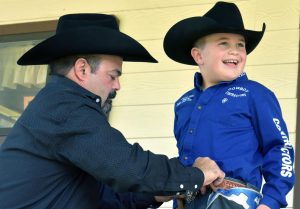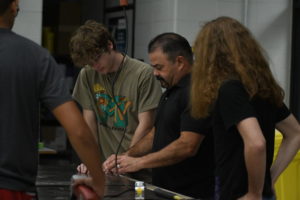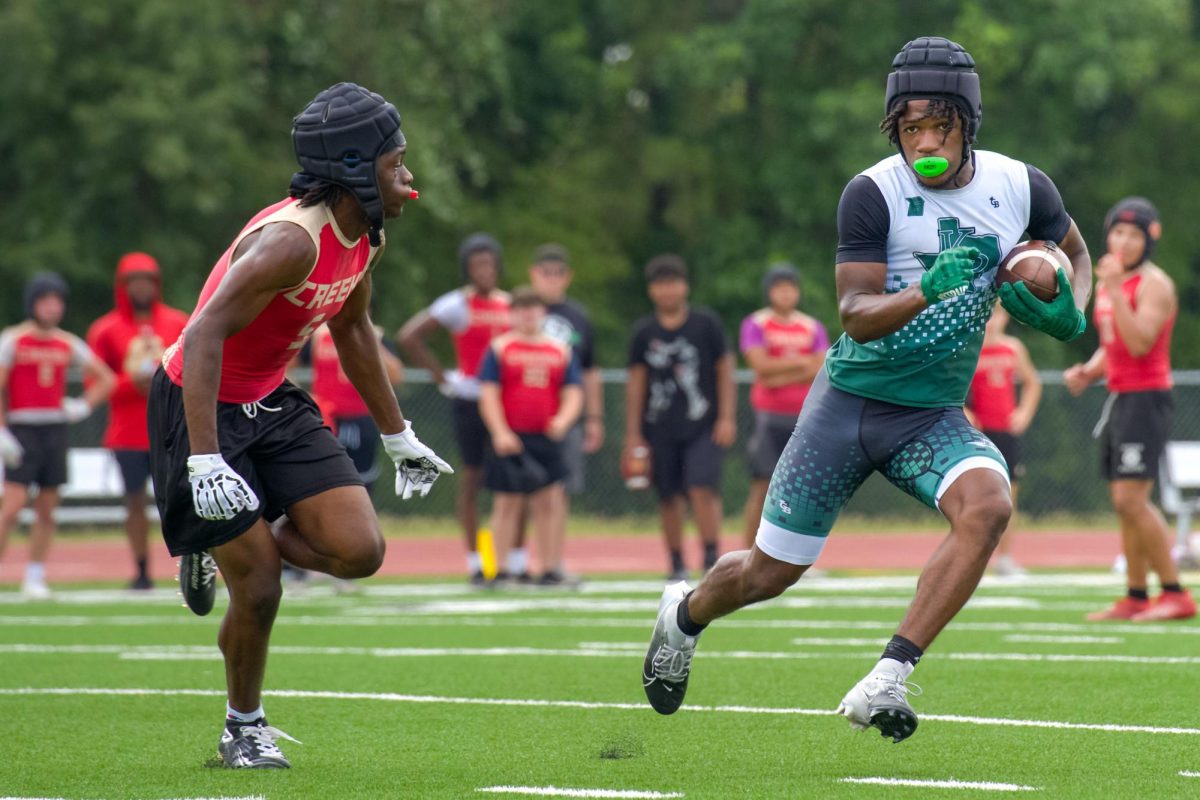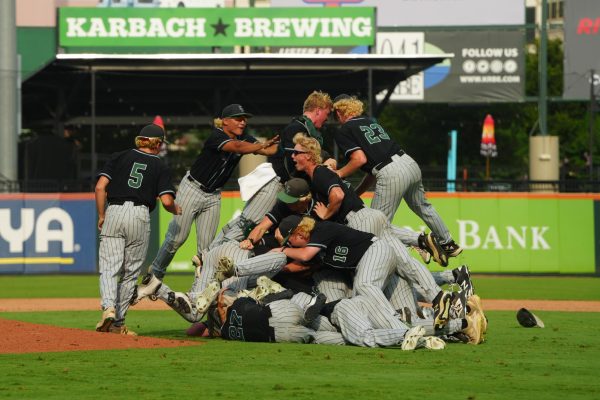Cheating remains a concern, despite return of in-person testing
Cheating became a big topic last year when teachers had to offer every student a 48-hour window to test at home.
January 28, 2022
While the majority of teachers have gone back to in-person testing, students and teachers alike are still feeling the repercussions of last year’s 48-hour window, at-home testing policy.
“That opened the door for every student to cheat in my opinion,” biology teacher Kristen Lynam said. “Kids had the opportunity to test from home and use their notes, so teachers had to get creative on what we were going to do to address it.”
However, Lynam was able to notice patterns such as students who turned their tests in at the exact same time as a classmate or students who missed the exact same questions as a peer.
When testing went back to being done in class this year, many students and teachers hoped cheating would become less of an issue. However, administrators said eradicating cheating is challenging.
“I think there’s always been cheating for years and years and years, whether we were online or whether we were face-to-face and it was paper and pencil,” associate principal Tiffany Major said. “Some things like patterns may have been easier to tell in virtual, but it’s always been there.”
Lynam said that giving a paper test allows her to monitor the students and make sure their demonstration of learning is accurate. Last year it was more difficult for her to catch cheaters since it was her first time making tests online.
“I didn’t understand how to create multiple versions,” Lynam said. “Once I figured out how to create the multiple versions it was 10 times more work on the teacher to do that.”
Many AP teachers went that route to keep their students on an even playing field, but the cheating continued.
“I’ll hear conversations among some of the really good hardworking kids that are genuine and they get frustrated,” Lynam said. “It makes me have empathy for them because they worked so hard and see some of their peers just cheat their way through.”
Senior Carey Beal has noticed how much effort some teachers put in to combat cheating.
“I get that teachers have a lot on their plates,” Beal said. “You can’t cross-examine everything, and English teachers do try with turnitin.com and everything, but in other things like particularly in science you can see ‘wow they both misspelled the same word.’”
Students who are caught cheating receive a Thursday or Saturday class, a zero on their assignment and are kicked out of National Honor Society. However, pass-fail can soften the damage it does to a student’s GPA and rank.
Teachers and students said less obvious forms of cheating remain a problem with the return to in-person learning. Students who routinely miss test days and copy the lab notebooks of older siblings are just two examples.
“We’re told that our grades reflect our hard work and intellect and specifically our rank, so to be told that someone is ranked higher than you who didn’t work as hard is just really detrimental,” Beal said. “Because you’re basically saying you’re not as smart as them, you’re not as hard working as them when those things can’t be measured in the first place.”













